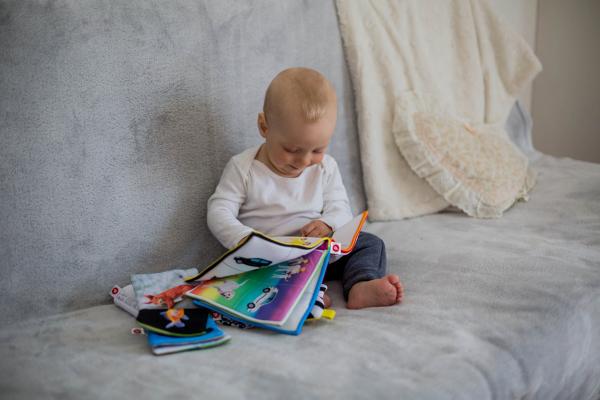One of the reasons that foods are processed is to increase their “shelf-life,” which is another way of saying allowing these foods to travel along our supply chains and be buffered in warehouses so that supply always matches demand.
“We’ve been able to preserve food and increase its shelf life, reducing food waste. We’ve reduced the spread of food-borne diseases. Those with food allergies and intolerances can now eat a balanced diet. We don’t need to spend the day preparing food—this has been particularly important for the educational and career development of women. Last but not least: taste. Our shelves are now lined with great-tasting foods.”
Can we make processed foods more nutritious? More than likely, but it is doubtful that we will survive as 8 billion on the planet without them.
From Wired, The World Needs Processed Food
I’ve written about geofencing; it is the ability to identify where we are from that monitor we insist on carrying around, our cell phone. While it has some role in advertising, it has seen an increasing role in law enforcement, especially with identifying those individuals who were at the Capitol on January 6th.
“Geofence search warrants are intended to locate anyone in a given area using digital services. Because Google’s Location History system is both powerful and widely used, the company is served about 10,000 geofence warrants in the US each year. Location History leverages GPS, Wi-Fi, and Bluetooth signals to pinpoint a phone within a few yards. Although the final location is still subject to some uncertainty, it is usually much more precise than triangulating signals from cell towers. Location History is turned off by default, but around a third of Google users switch it on, enabling services like real-time traffic prediction.”
One of the 1500+ individuals identified at the Capitol by geofencing is pushing to have that evidence thrown out, partly because of a “constitutional expectation of privacy in his Google data.” From Wired, A Peek Inside the FBI’s Unprecedented January 6 Geofence Dragnet
The response by China to COVID, COVID Zero, is one of the best examples of our inability to “bend a knee” when faced with a more powerful force. Now China is not alone. Here in the US, where we are seeing rising numbers of RSV, we have called upon a new term, immunity debt – as if our immune system is a ledger and our mask-wearing has caused us to now owe a debt. The reality is that infections, biological or viral, are dynamic and respond to human behavior – whether it be to vaccinate or congregate, the virus, in this case, will respond. China, at some point, has got to expose its population to COVID-19 because the virus is not going anywhere, and it will catch the unwary.
“The zero Covid policy, which has kept cases and deaths in China to negligible numbers throughout the pandemic, seems doomed to fail in the face of the highly transmissible Omicron variant of the SARS-CoV-2 virus, they believe. But the Chinese leadership does not appear to be mapping a path to a safe exit ramp, leaving experts worried the country could see a tsunami of cases that would swamp its health care system if the national containment effort collapses.”
From Stat, With no exit strategy from ‘zero Covid’ policy, China could face tsunami in cases, experts fear
I have had the joy, stress, and occasional sadness of being a father for over thirty years. It is nice that science is catching up with what any father who spends time with their children will tell you.
“As with practicing any new skill, the experience of caring for an infant might leave a mark on the brains of new parents. This is what neuroscientists call experience-induced brain plasticity – like the brain changes that occur when you learn a new language or master a new musical instrument.”
I thought the only physical changes my children wrought upon me was the loss of hair as I tore it out; it turns out that my brain has changed – let’s call it Dad Brain. From The Conversation, Fatherhood changes men’s brains, according to before-and-after MRI scans




